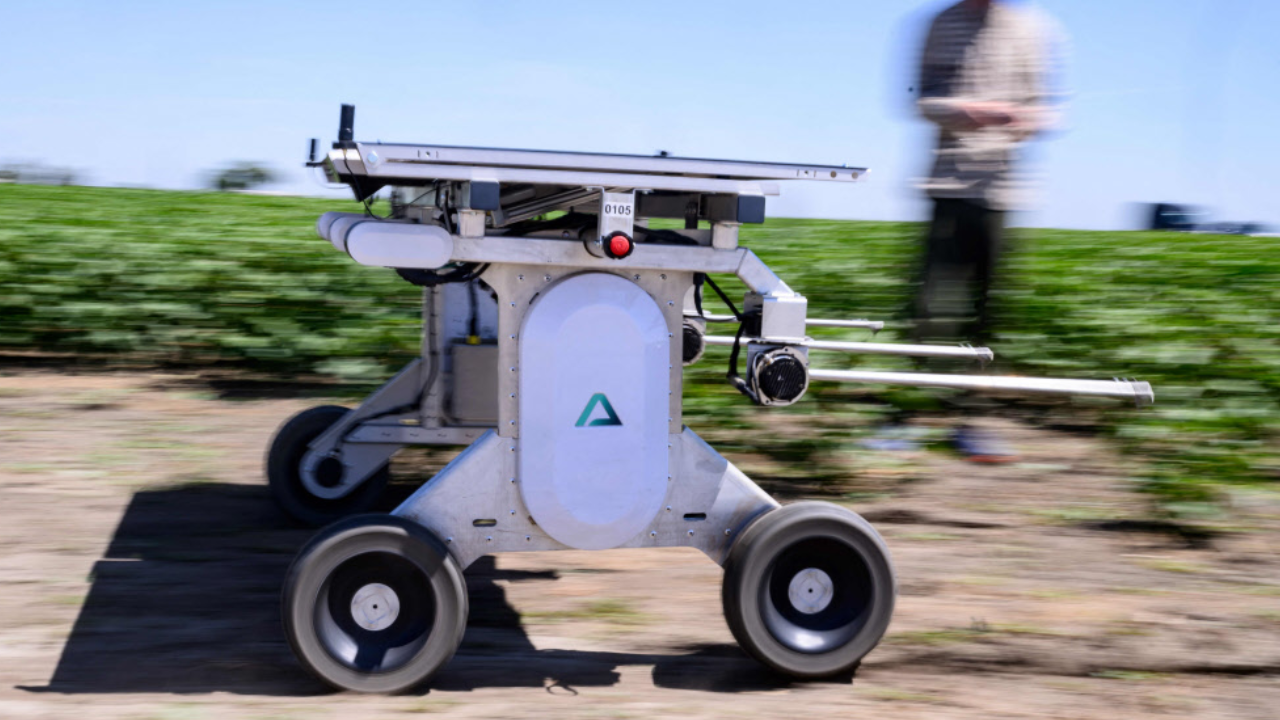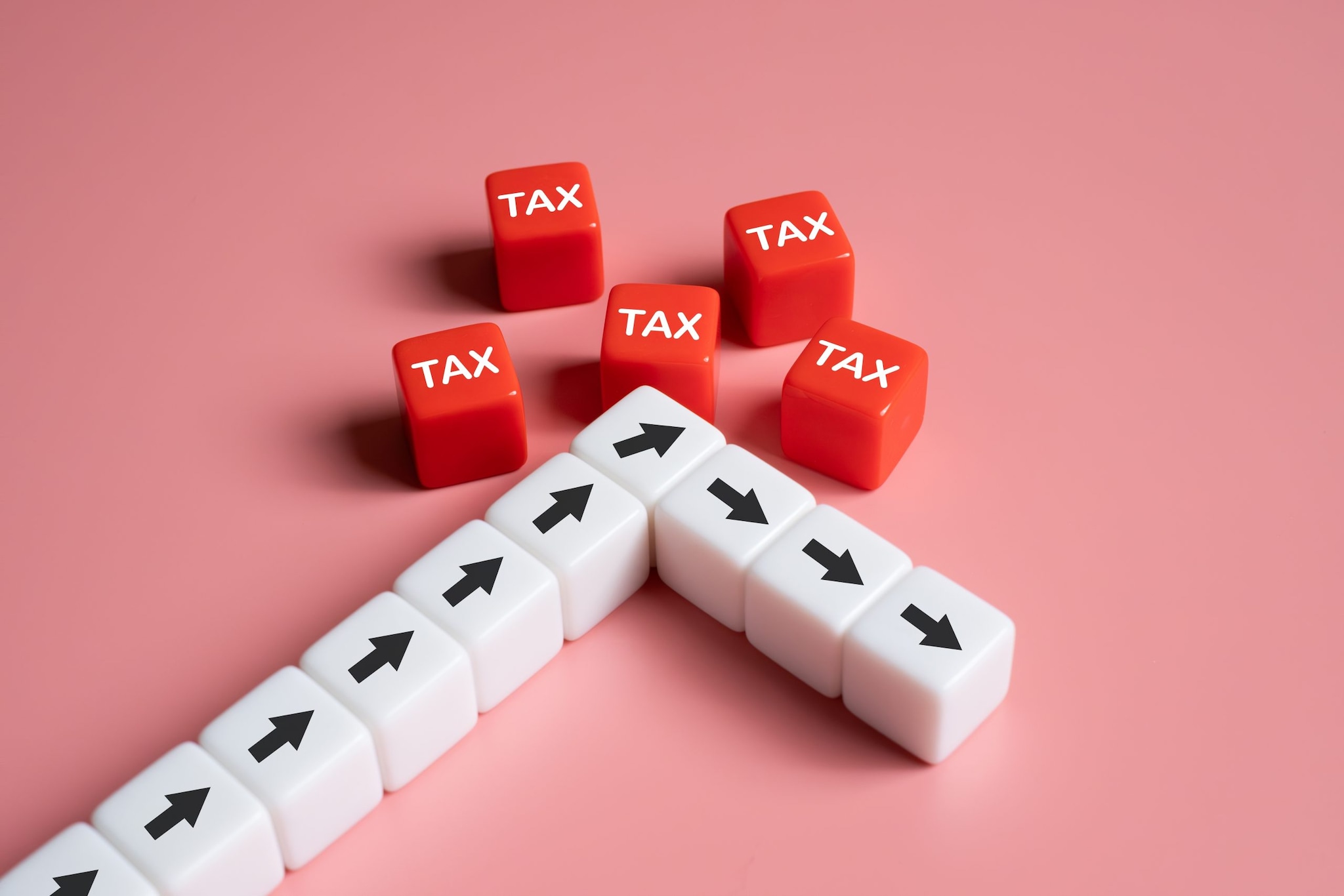Trump Tariffs: Here's What Gets More Expensive For American Consumers
President-elect Donald Trump has vowed to slap a 25% tariff on all goods imported from America's largest trading partners - Mexico and Canada, starting January 20, his first day in office.

President-elect Donald Trump has vowed to slap a 25% tariff on all goods imported from America's largest trading partners - Mexico and Canada, starting January 20, his first day in office.
But this tariff imposition is also set to have severe implications on his own countrymen, who may face higher prices on various goods.
His first term was marked by a significant trade war with China, aimed at boosting US manufacturing, securing national security interests, and addressing what Trump believed was an extremely imbalanced trade relationship.
President Joe Biden maintained most of these tariffs and even added new ones.
But the new tariffs come at a time when the US has grown increasingly reliant on imports from Mexico and Canada. Mexico has overtaken China as the top exporter of goods to the US, while Canada is a close third. This means that the new tariffs will be virtually inescapable for Americans, as businesses facing higher costs will likely pass them on to consumers.
This potential trade war could break banks. Here are a few items that could get more expensive if Trump decides to follow through with his tariff plan.
Gas
The US imports a significant amount of crude oil from Canada, which is refined to produce gasoline and heating oil. A 25% tariff could lead to an increase of 25-75 cents per gallon, impacting Americans in the Great Lakes, Midwest, and Rockies regions.
After Canada' expansion of the Trans Mountain pipeline, the oil imports to the US had reached a whopping 4.3 million barrels per day.
"You can't simply process different oil overnight. It would take investments/years. More US supply wouldn't help," Patrick De Haan, the head of petroleum analysis at GasBuddy said on X.
Produce
As a byproduct of climate change, the US has become less favourable for agriculture and relies heavily on Mexico.
$44.1 billion worth of agricultural products were imported by the US from Mexico in 2022.
90% of avocados Americans also consumed in 2022 were imported. A 25% tariff could make guacamole and avocado toast more expensive.
Cars
Mexico is a major hub for car manufacturing, with many US carmakers relying on parts from Mexico to build their vehicles. A 25% tariff could disrupt this supply chain and lead to higher car prices.
Last year, $44.76 billion worth of vehicles were imported from Mexico to the US.
Alcohol
According to US Department of Agriculture data, 80% of beer imports come from Mexico. Moreover there is tequila that comes from Mexico and other liqueurs from Canada that drives import growth.
In 2023, $4.6 billion worth of tequila and $108 million worth of mezcal was imported by the US from Mexico, according to the Distilled Spirits Council.
The tariffs of spirits are bound to start a chain reaction leading to job losses in the hospitality industry as well, which are still on their way to recovery after the pandemic.
The tariffs on these imports are bound to hurt the consumers if businesses face higher costs. Trump's tariff plan has already sparked concerns among businesses and economists, who warn that it could lead to higher prices, job losses, and a decline in economic growth.
What's Your Reaction?




























































